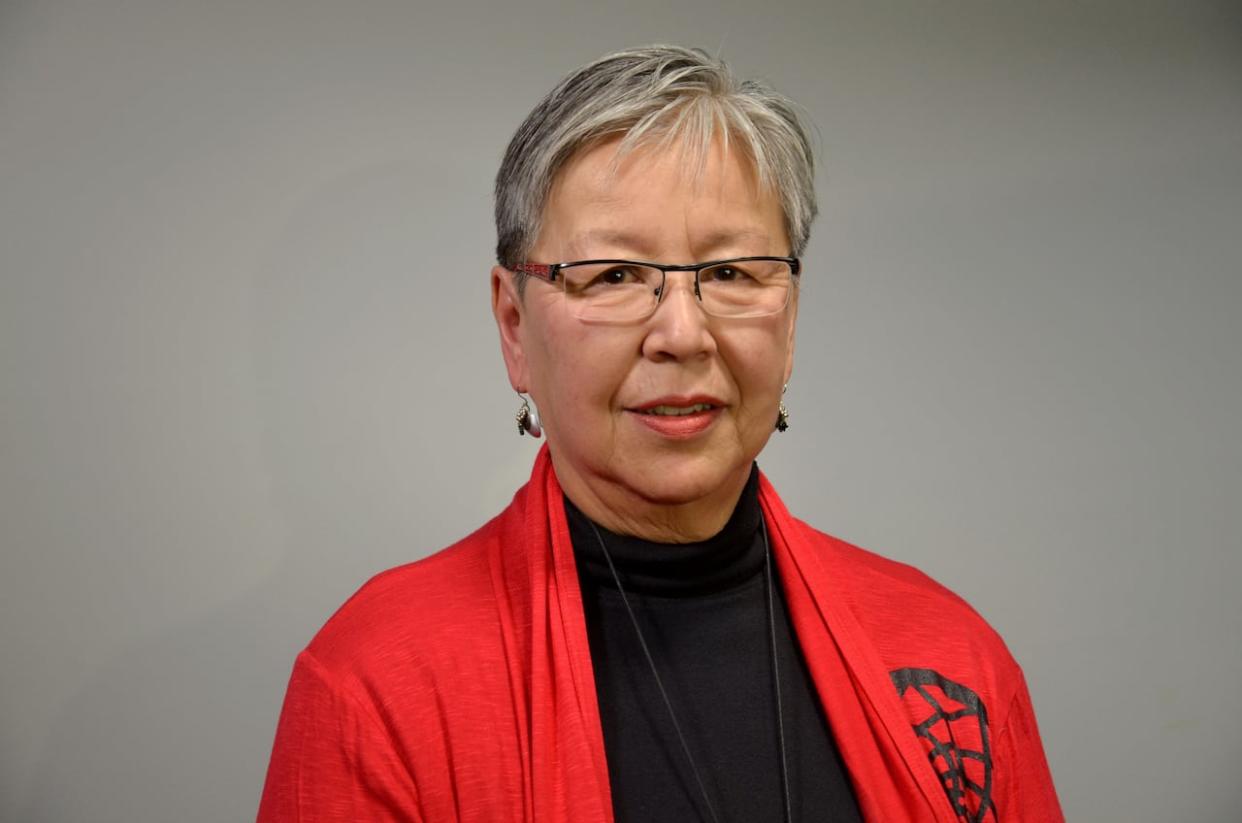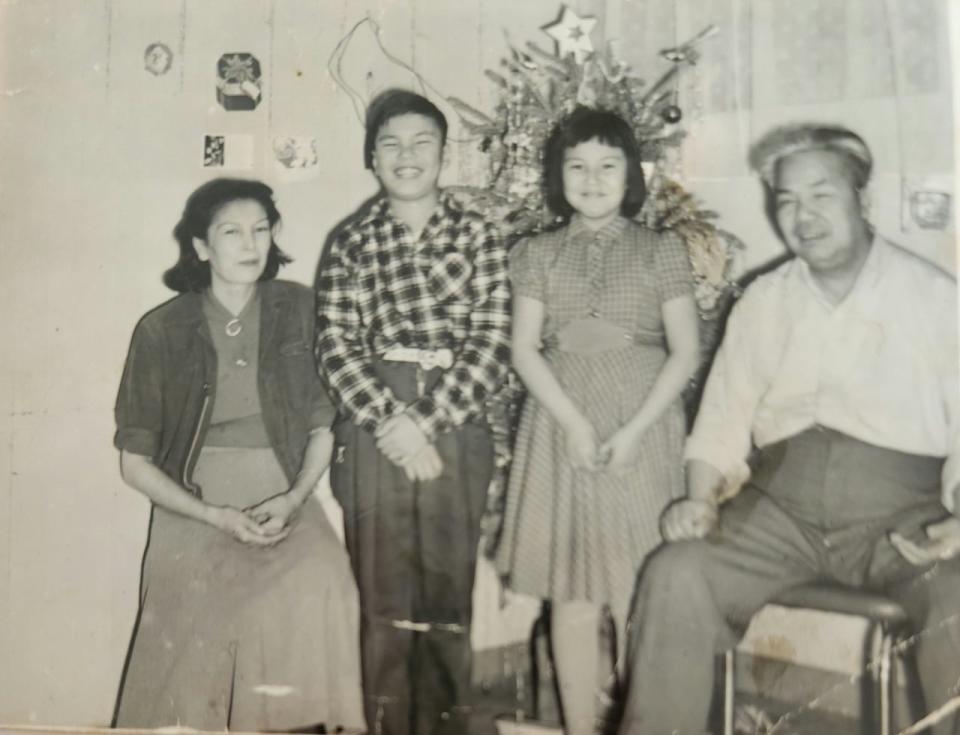Retired senator Lillian Dyck on being the inspiration for new film Café Daughter

Cree playwright Kenneth T. Williams describes Lillian Dyck as a gentle warrior.
The retired senator, neuroscientist and champion of Indigenous women was the inspiration for a coming-of-age story which was recently adapted into a feature film.
"She's someone who fights for others," Williams said of Dyck.
"She's an amazing person and I knew this was a story that had to be told."
Dyck was the first First Nations woman to obtain her PhD in the sciences in Canada. When she was appointed to the Senate in 2005, she became the first female First Nations senator in Canada and the first Canadian-born Chinese senator.
Shelley Niro, a Kanien'kehá:ka (Mohawk) filmmaker from Six Nations of the Grand River in southern Ontario, directed Café Daughter which is adapted from Williams's 2013 play of the same name.
"I was really honoured to be asked, and I was really drawn to the project because of Lillian Dick's story. I just found her incredibly strong," Niro told CBC Radio's Unreserved.
"I think with Canadian history the way it is, like we don't hear about the stories like Lillian."

Lillian Dyck as a child with her brother Winston Quan, mother Eva Quan (McNab), and father Yok Lee Quan. (Submitted by Lillian Dyck)
Café Daughter stars Violah Beauvais as Yvette Wong, a young girl of mixed Cree and Chinese Canadian ancestry growing up in small-town Saskatchewan in the 1960s. The cast also includes Star Slade, Tom Lim, Sera-Lys McArthur, Evan Lau, Billy Merasty and Demaris Moon Walker.
It's inspired by Dyck's life. She was born in North Battleford, Sask., and is the daughter of a Chinese immigrant father and Cree mother from George Gordon First Nation. She grew up working in her family's café before shattering glass ceilings in the field of neuroscience, and later becoming a senator and advocate for Indigenous women.
Her mother had attended a residential school where she learned to be ashamed of her Cree identity. She told Dyck and her brother to pretend they were just Chinese, so they would face less racism.
"One of the main messages I see in the movie is the wisdom and strength of people like my mom and how they got ahead despite the racism," she told Unreserved's Rosanna Deerchild.
"I faced a lot of discrimination as a woman scientist. I can remember saying to myself, if my mother could do what she did in her lifetime under the circumstances…. Well, then I would be damned if I was going to let some man push me out of my job."
Listen to Unreserved's episode on Café Daughter:
Keith Lock, executive producer of the film, said it sheds light on the little-known history and experiences of Chinese immigrants in Canada.
"A lot of people don't know this but the Chinese had a lot of restrictions, and one of them was that they couldn't hire white women to work in their businesses," he said.
"This history is not known. It's not known. It's not taught in schools. I think Café Daughter is telling a story that's never been told before."
For Dyck, she hopes the film will bring feelings of self-worth, pride, and confidence to young people who see the film.
"All of that helps you succeed at school," she said.
"It helps you succeed in the workplace. It helps you to be happier."
Café Daughter premieres in Canada Sept. 22 at the Cinéfest Sudbury International Film Festival.


